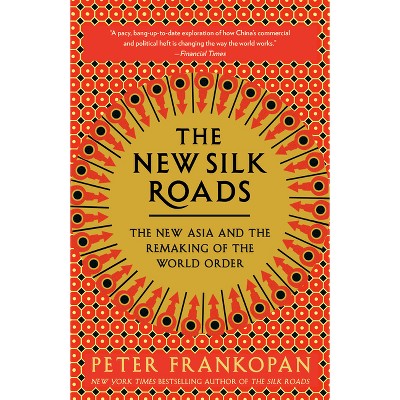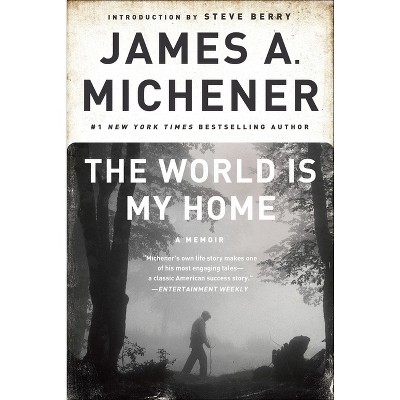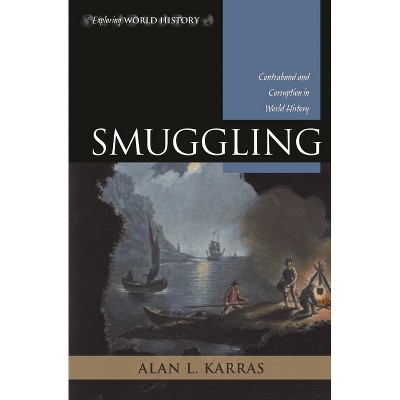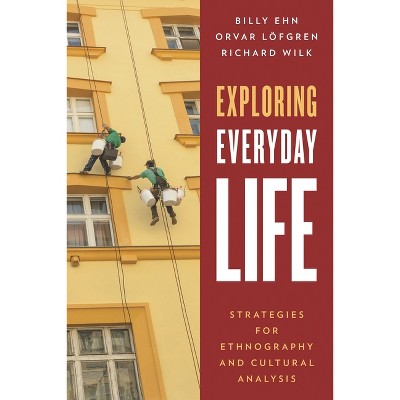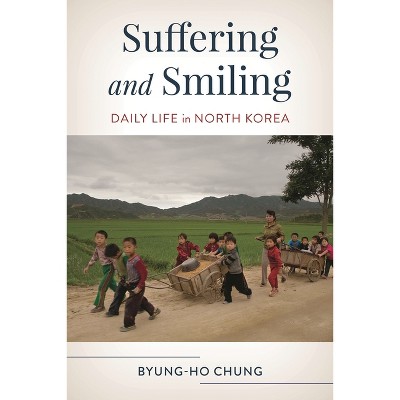Sponsored

Plagues in World History - (Exploring World History) by John Aberth
$40.49Save $3.51 (8% off)
In Stock
Eligible for registries and wish lists
Sponsored
About this item
Highlights
- Plagues in World History provides a concise, comparative world history of catastrophic infectious diseases, including plague, smallpox, tuberculosis, cholera, influenza, and AIDS.
- About the Author: John Aberth holds a PhD in medieval history from the University of Cambridge and is the author of numerous books on disease and the Middle Ages.
- 256 Pages
- History, World
- Series Name: Exploring World History
Description
About the Book
Plagues in World History provides a concise, comparative world history of catastrophic infectious diseases, including plague, smallpox, tuberculosis, cholera, influenza, and AIDS. John Aberth considers not only their varied impact but also the many ways in which people have be...Book Synopsis
Plagues in World History provides a concise, comparative world history of catastrophic infectious diseases, including plague, smallpox, tuberculosis, cholera, influenza, and AIDS. John Aberth considers not only their varied impact but also the many ways in which people have been able to influence diseases simply through their cultural attitudes. Our ability to alter disease, even without modern medical treatments, is even more crucial lesson now that AIDS, swine flu, multidrug-resistant tuberculosis, and other seemingly incurable illnesses have raged worldwide. The author's comparative analysis of how different societies have responded in the past to disease illuminates what cultural approaches have been and may continue to be most effective in combating the plagues of today.Review Quotes
John Aberth has written a concise book that is both well-informed and clear about contemporary medical understandings of epidemics, and steadily conscious of their broader historical, political, social, and economic contexts. In an age when such epidemics as malaria, tuberculosis, and AIDS affect millions, Aberth's arguments have continuing importance.
John Aberth offers a social interpretation of disease throughout history using a comparative global framework. He has a lively writing style, and each chapter is framed by lucid summary descriptions of disease symptoms, progression, transmission, treatments, and the respective debates. Plagues in World History should be a profitable and successful textbook for undergraduate students and general readers.
Medieval historian Aberth presents interactions of humans and epidemics in case studies of six infectious diseases: plague, smallpox, tuberculosis, cholera, influenza, and AIDS. He chose these because they have known pathogens, can be fatal, and have had long histories. Not merely narrative or descriptive, his study is an attempt to demonstrate how human reactions and attitudes to these diseases have in turn shaped how they affect human communities. Going beyond an exercise in the social construction of disease, Aberth's historical focus on the interaction of disease and human response leads him to be optimistic about human abilities to adjust to and even neutralize biomedical effects. The longest chapter, on the plague, reflects the author's professional specialty. The second longest chapter is on AIDS; remaining chapters are 9-24 pages. Aberth's detailed attention to Islamic understandings of and reactions to plague is especially welcome. He opens each chapter by describing the disease and its effects, then for each disease develops unique reactions and attitudes as well as points introduced earlier, weaving an overall pattern of human progress and intransigence, of connections made and opportunities missed. Summing Up: Highly recommended.
Seeking understanding of our societies and selves by reading and writing books that omit all mention of the essential fact of wars would strike us as a glaring oversight. Yet our shelves are crammed with books that never mention epidemics, an equally vital force in human history. Plagues in World History is the authoritative and fascinating antidote to that error.
The author presents an effective case for the diseases he has chosen and provides the reader with current findings that allow for interpretations of disease origins.
The prospect of a slender volume about plagues in world history would certainly be attractive to all those who teach either disease history or world history. Moreover . . . it is an approach that most students would embrace.
About the Author
John Aberth holds a PhD in medieval history from the University of Cambridge and is the author of numerous books on disease and the Middle Ages.Dimensions (Overall): 9.0 Inches (H) x 6.0 Inches (W) x .5 Inches (D)
Weight: .6 Pounds
Suggested Age: 22 Years and Up
Number of Pages: 256
Genre: History
Sub-Genre: World
Series Title: Exploring World History
Publisher: Rowman & Littlefield Publishers
Format: Paperback
Author: John Aberth
Language: English
Street Date: December 14, 2015
TCIN: 1004175631
UPC: 9780742557062
Item Number (DPCI): 247-28-5560
Origin: Made in the USA or Imported
If the item details aren’t accurate or complete, we want to know about it.
Shipping details
Estimated ship dimensions: 0.5 inches length x 6 inches width x 9 inches height
Estimated ship weight: 0.6 pounds
We regret that this item cannot be shipped to PO Boxes.
This item cannot be shipped to the following locations: American Samoa (see also separate entry under AS), Guam (see also separate entry under GU), Northern Mariana Islands, Puerto Rico (see also separate entry under PR), United States Minor Outlying Islands, Virgin Islands, U.S., APO/FPO
Return details
This item can be returned to any Target store or Target.com.
This item must be returned within 90 days of the date it was purchased in store, shipped, delivered by a Shipt shopper, or made ready for pickup.
See the return policy for complete information.
Frequently bought together

$13.98
Buy 1, get 1 50% off select books
4.6 out of 5 stars with 23 ratings

$18.88
MSRP $27.00
Buy 1, get 1 50% off select books
4.8 out of 5 stars with 575 ratings
Trending Non-Fiction

$15.68
Buy 1, get 1 50% off select books
4.8 out of 5 stars with 205 ratings

Highly rated
$19.31
was $20.98 New lower price
Buy 1, get 1 50% off select books
4 out of 5 stars with 68 ratings

$18.28
was $19.58 New lower price
Buy 1, get 1 50% off select books
4.7 out of 5 stars with 17 ratings

$4.59
MSRP $7.99
Buy 1, get 1 50% off select books
4.8 out of 5 stars with 125 ratings

$6.20
MSRP $10.95
Buy 1, get 1 50% off select books
4.8 out of 5 stars with 33 ratings

$7.09
MSRP $9.99
Buy 1, get 1 50% off select books
4.9 out of 5 stars with 46 ratings
